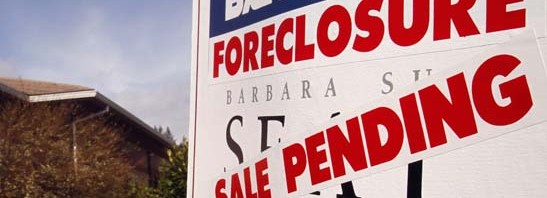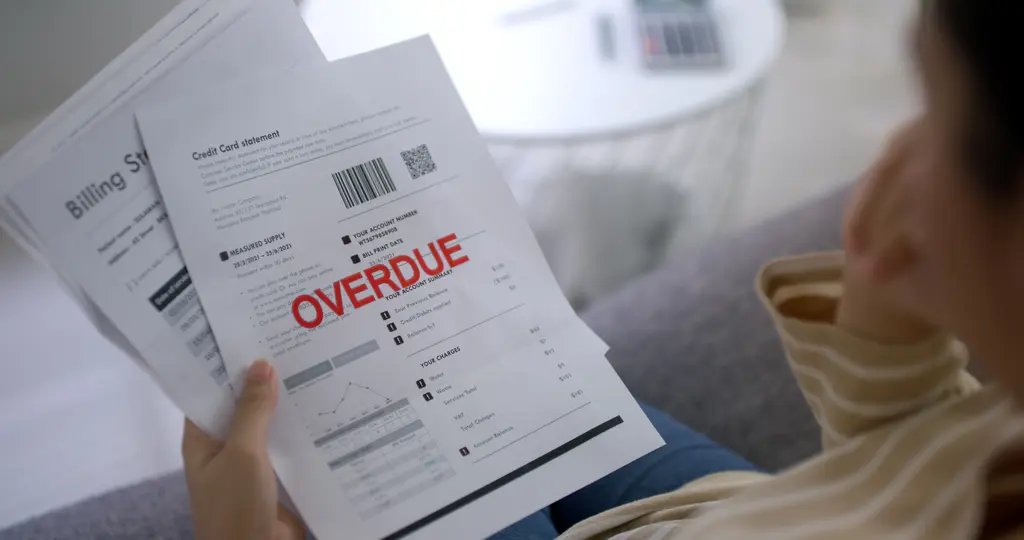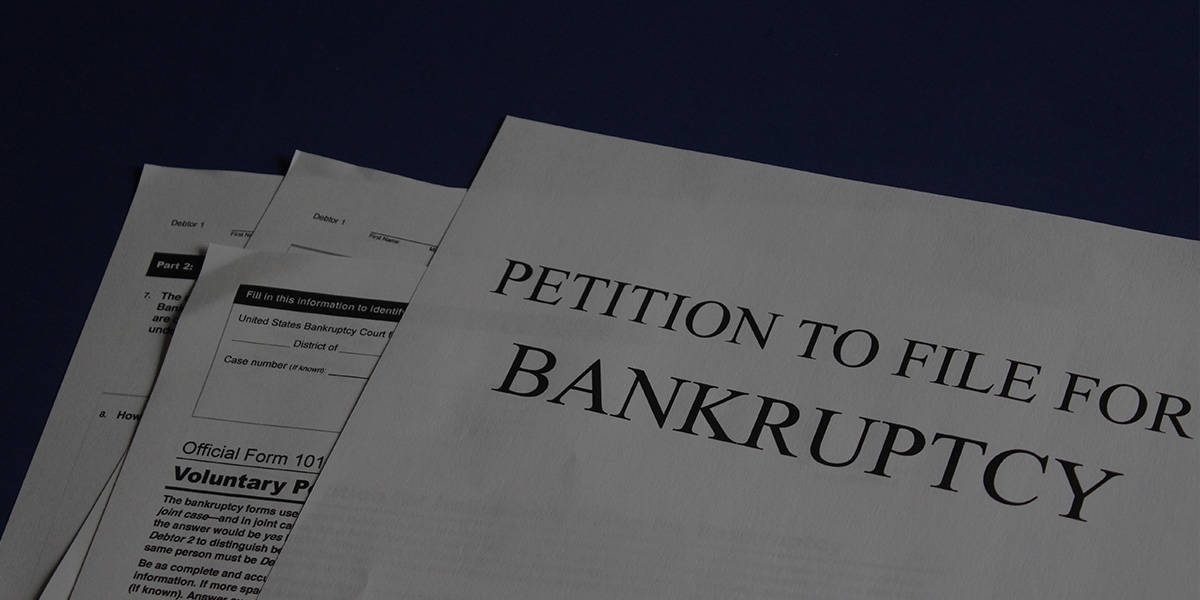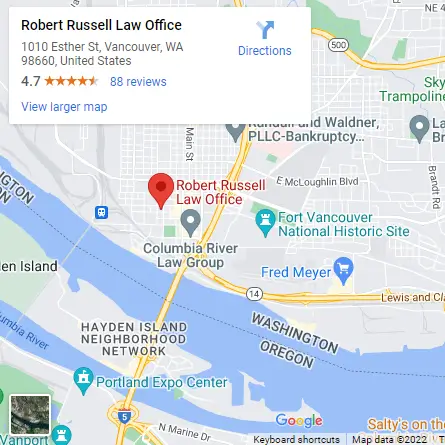 First, let’s make sure we have the terminology straight. The purchase and financing of a home in Washington is normally accomplished through a borrower signing a (1) “Promissory Note” that obligates the borrower for the debt incurred to purchase the home from the seller and (2) a “Deed of Trust” that secures payment of that new debt (“Note”) by creating a lien against the property for the balance due on the Note.
First, let’s make sure we have the terminology straight. The purchase and financing of a home in Washington is normally accomplished through a borrower signing a (1) “Promissory Note” that obligates the borrower for the debt incurred to purchase the home from the seller and (2) a “Deed of Trust” that secures payment of that new debt (“Note”) by creating a lien against the property for the balance due on the Note.
In Washington State, when a borrower defaults on payments due on the Note, the party entitled to receive payment (“investor”) may elect to sell the property and use the proceeds to pay part or all of the remaining balance due on the Note. This process is called “foreclosure.” It is the Deed of Trust that creates a lien against the home and allows its sale to satisfy the balance due on the Note.
In general, the investor may foreclose with the assistance of the courts (i.e., a “judicial” foreclosure) or without the assistance of the courts (i.e., a “nonjudicial” foreclosure). The majority (99%) of foreclosures on residential property in Washington State are nonjudicial – without the help of the court. Why? Judicial foreclosures are, generally, more expensive and allow the homeowner an additional 8-12 months to live in the home post-foreclosure without making a payment.
Washington State statutes are clear on the effect of a nonjudicial foreclosure of a consumer loan on residential property. Revised Code of Washington (RCW) 61.24 100 specifically provides:
(1) Except to the extent permitted in this section for deeds of trust securing commercial loans, a deficiency judgment shall not be obtained on the obligations secured by a deed of trust against any borrower, grantor, or guarantor after a trustee’s sale under that deed of trust. (Emphasis added). RCW 61.24.100
Therefore, in short, an investor cannot pursue a borrower for any balance due after completion of a nonjudicial foreclosure on the homeowner’s residence.
Of course, this is a simplified explanation of potentially complex matter. There are always exceptions to the general rule. But this information gives you a good start on an understanding of the potential liability on a home after foreclosure.







